Boston veterinarian sees increase in dogs with anxiety
Lack of socialization of pandemic-acquired dogs likely a factor
While May is Mental Health Awareness month for humans - and the first week of the month was Dog Anxiety Awareness Week - a doctor who oversees two Thrive Pet Healthcare animal hospitals in the Boston area said in a May 3 news release that despite the mental health benefits to humans of owning a dog, owners should be aware of anxiety-related behaviors in their dog and take steps to address anxiety before it becomes problematic.
Dr. Kate Thomas, medical director at Wignall Animal Hospital in Dracut and Belvidere Veterinary Hospital in Lowell, both part of the Thrive Pet Healthcare network, said her hospitals have seen more dogs presenting with generalized anxiety and fears over the last few months. She attributes the lack of socialization in dogs that were acquired during the pandemic as a factor in their anxiety.
“As dog owners started returning to work, school and other activities when pandemic measures were lifted, we expected to see a lot of dogs with separation anxiety," she said in the news release. "But that’s not what happened. Instead, we’re seeing a fair number of dogs that were acquired during the pandemic come into our hospitals with anxiety-related behaviors that are typical of dogs that received limited socialization.”
Some pets have a genetic predisposition to anxiety, while others can become anxious at a young age, when socialization is extremely important. In other cases, pets can become anxious due to experiences and interactions after the critical socialization period.
“Signs of fear and anxiety in dogs may include cowering, hiding, dilated pupils, drooling, withdrawal, lip licking, yawning and trembling,” said Thomas.
There are various forms of treatment for dog anxiety, including prevention tactics, dietary supplementation and specific forms of training. Dr. Thomas offers the following tips to dog owners for recognizing and treating anxiety:
- Increase exercise. Research has shown that higher levels of exercise in dogs are associated with lower levels of aggression, fear and anxiety.
- Use counter conditioning. When a dog is acting fearful, reduce the stimulus (move away from it) until the pet is relaxed, then give the “sit” command and praise or play a fun game. The goal is to link the formerly fearful stimulus with the positive counter experience.
- Use systematic desensitization. Provide a means of safely exposing the pet to the anxiety or fear producing stimulus at or below the level at which fear is likely to be exhibited, then implement counter-conditioning measures.
Thomas urged dog owners to avoid punishing anxious behavior and, instead, focus on systematic desensitization to specific triggers, using counter conditioning.
In some cases, medication can be used to treat a dog’s anxiety, but the veterinarian said it is not a magic cure.
“Moderate to severe anxiety often responds best to a prescription anti-anxiety medication and behavior-modification training,” she said. “No matter which medication your veterinarian chooses, you will also need to put behavior-modification protocols in place in order to help your dog work through their anxiety.”
Thrive Pet Healthcare is addressing the critical need for comprehensive, top-quality veterinary care in the greater Boston area through their local network of 21 hospitals. All cohesively linked hospitals can quickly share medical records and refer patients to network veterinary providers to meet every healthcare need throughout the pet’s life.
Pet owners in the greater Boston area can search for their nearest Thrive Pet Healthcare location at www.thrivepetcare.com/location.
About Thrive Pet Healthcare
Thrive Pet Healthcare is a leading veterinary service network that uniquely delivers a continuum of care to pet families and services to veterinary hospitals. With an industry-first membership program and over 350 acute, primary, and specialty providers, Thrive Pet Healthcare offers personalized, accessible care through every stage of a pet’s life and health. The veterinarian-founded organization provides premier benefits for practice staff while elevating privately held veterinary hospitals with innovative service and technology solutions. By focusing on the needs and aspirations of veterinary care providers, Thrive Pet Healthcare is supporting the well-being of the industry and raising the national bar for veterinary excellence. To learn more about Thrive Pet Healthcare, please visit www.thrivepetcare.com.


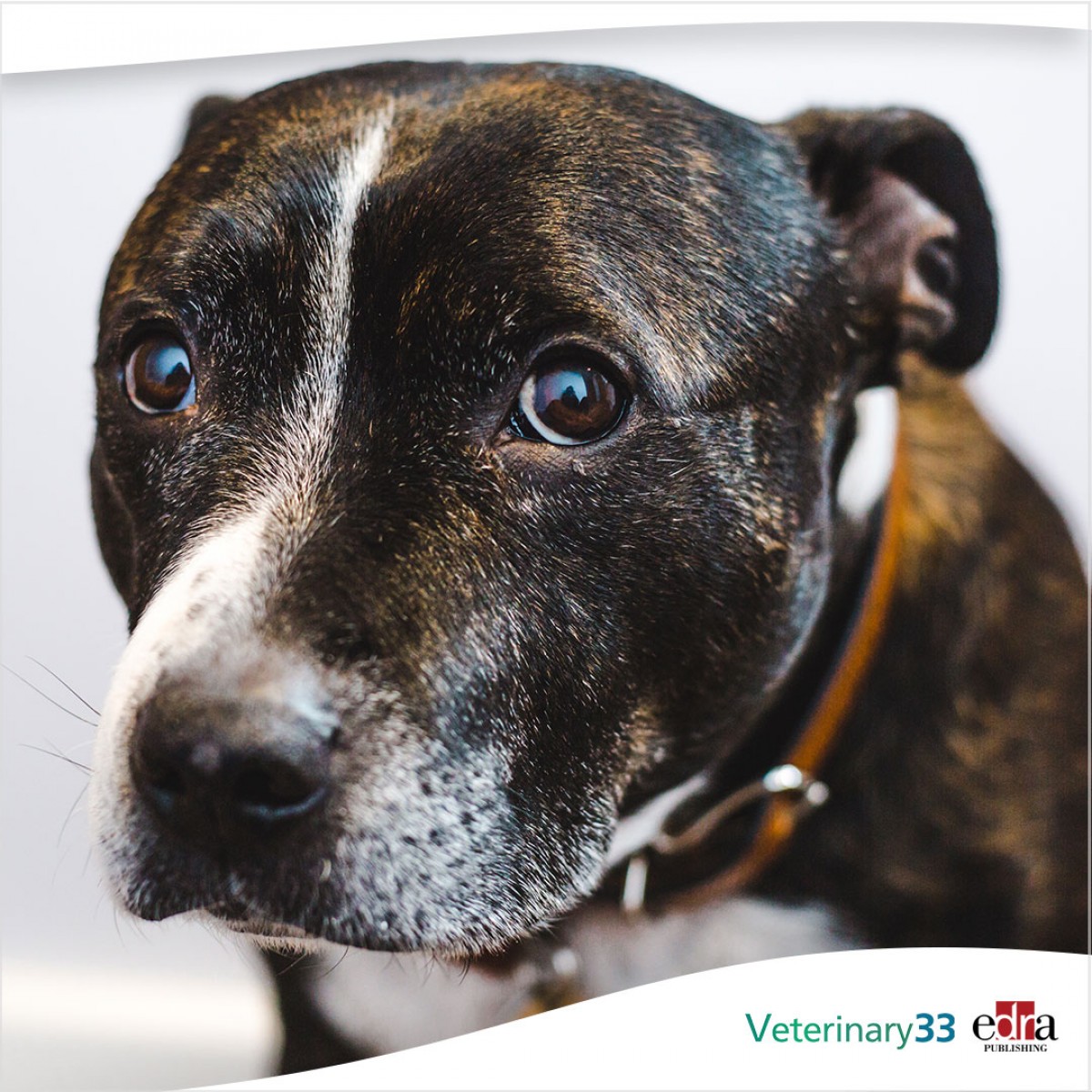
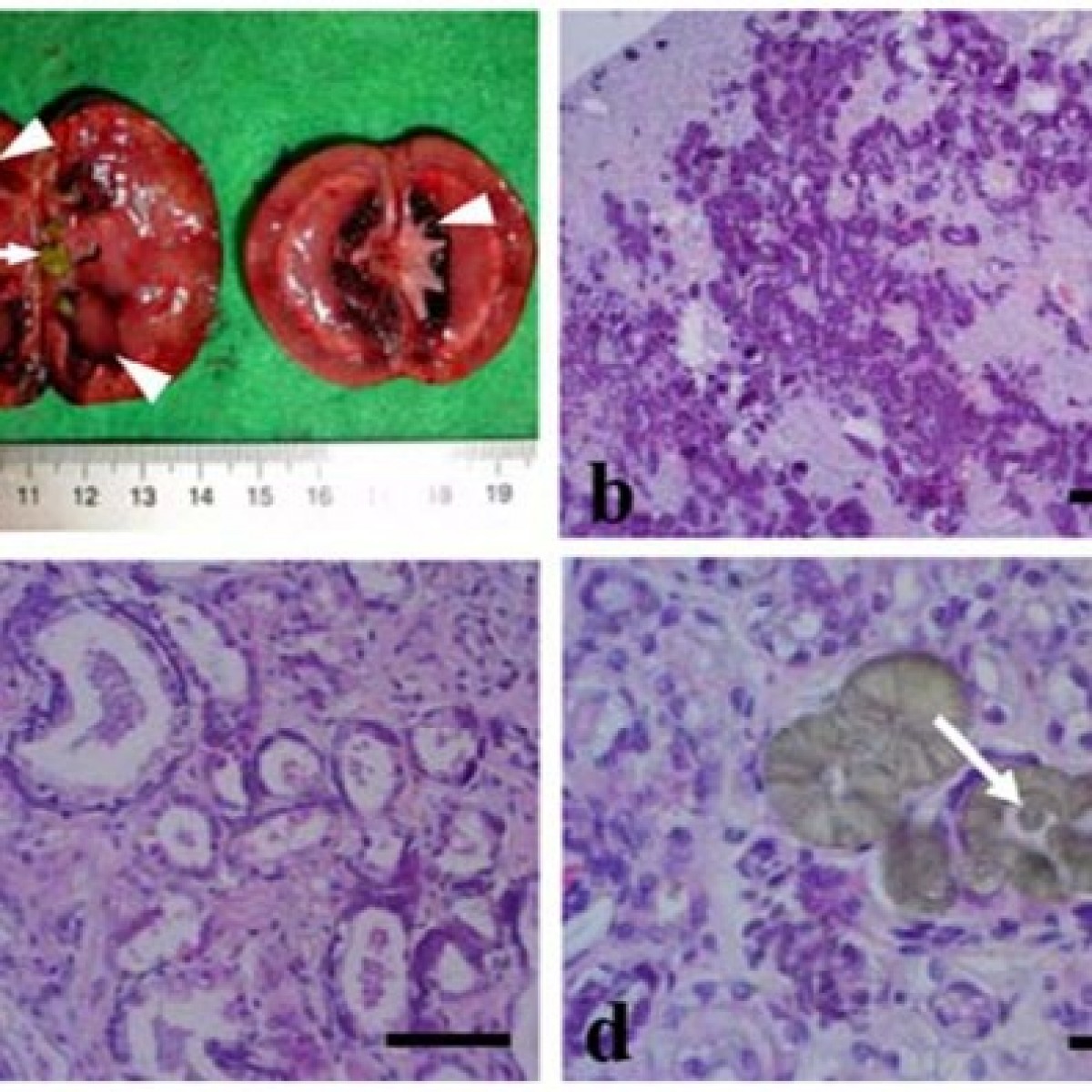
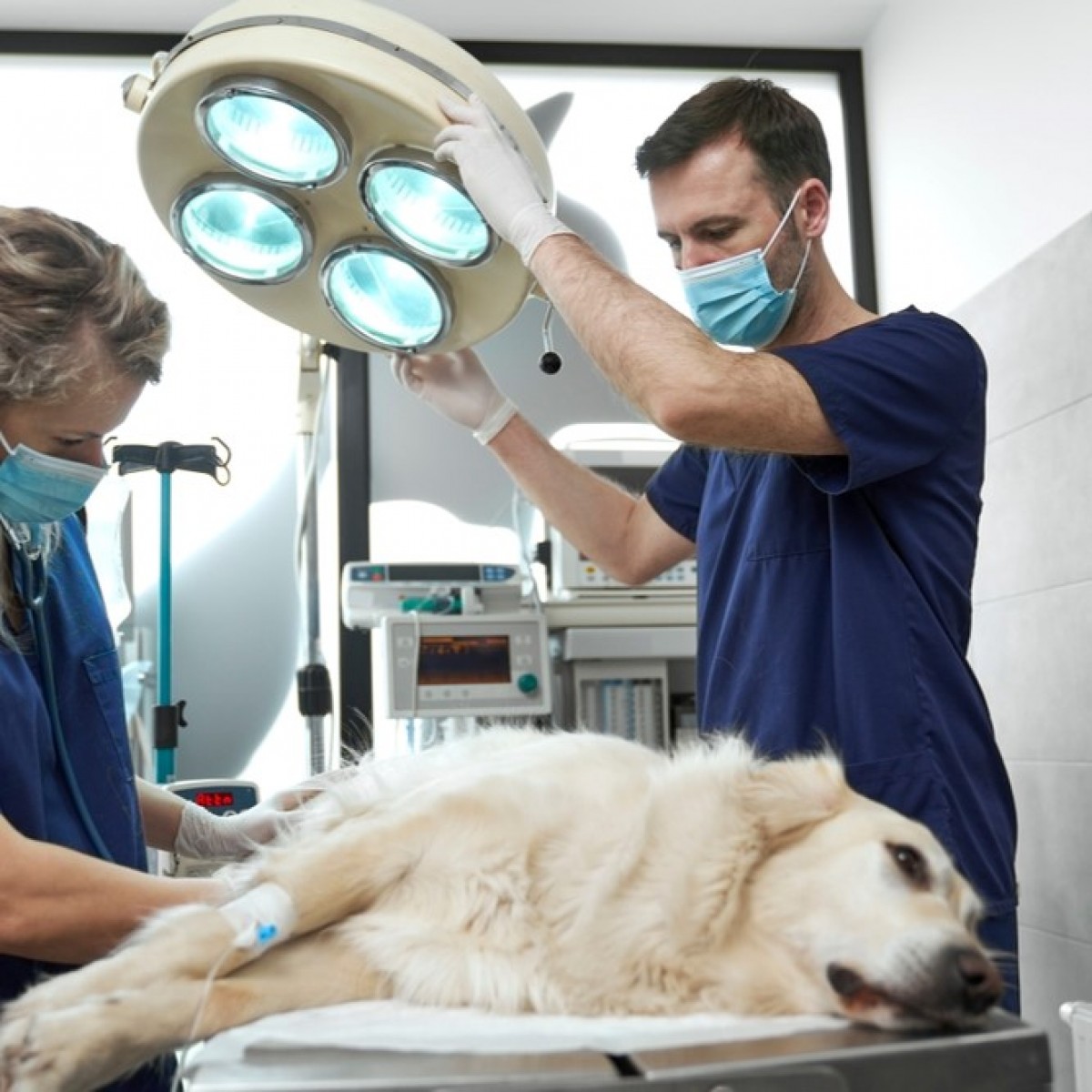
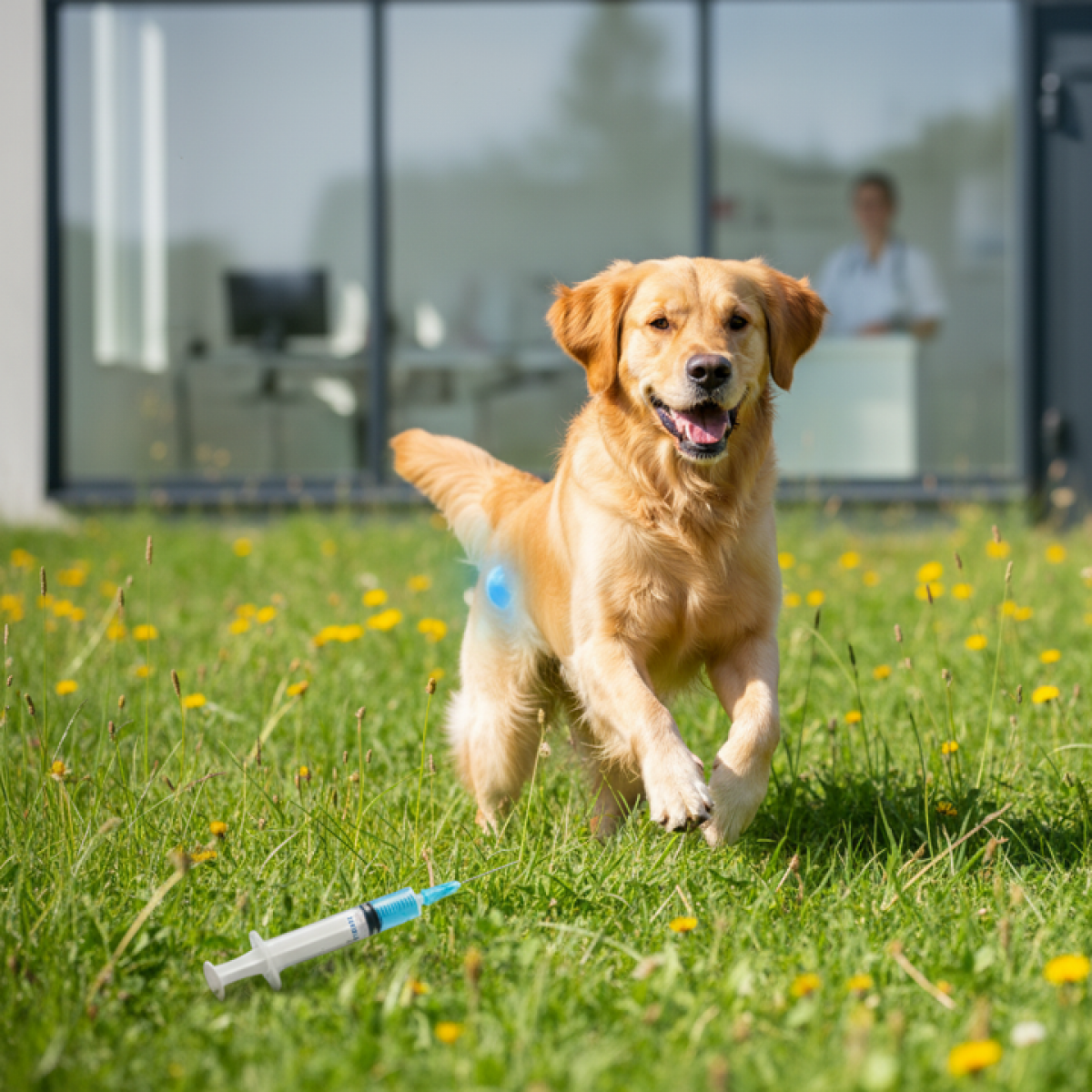
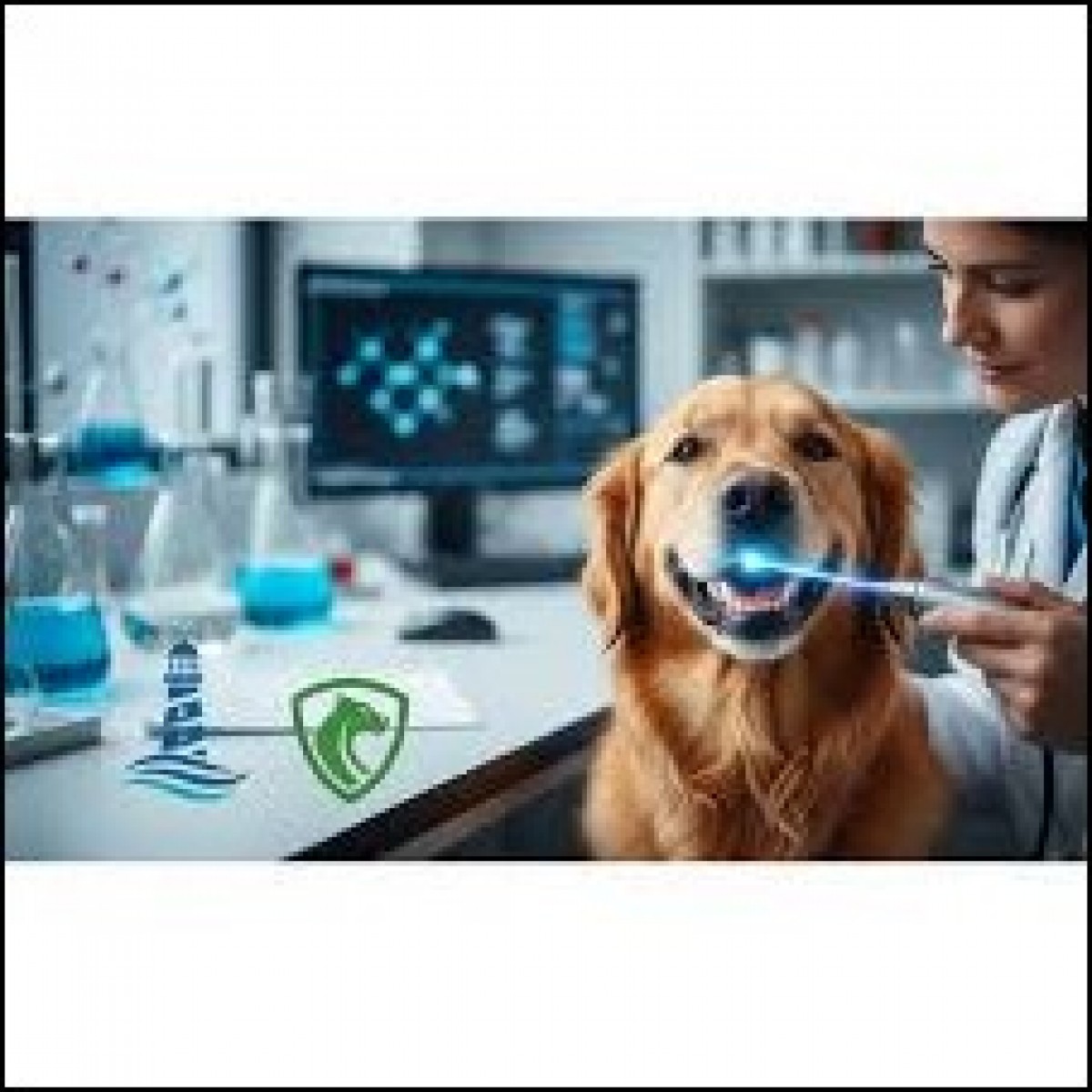

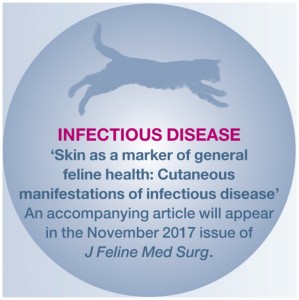

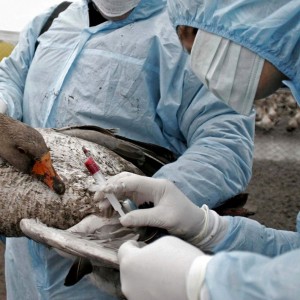



List
Add
Please enter a comment